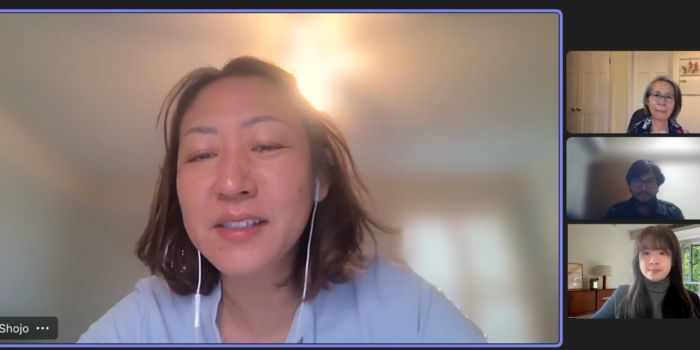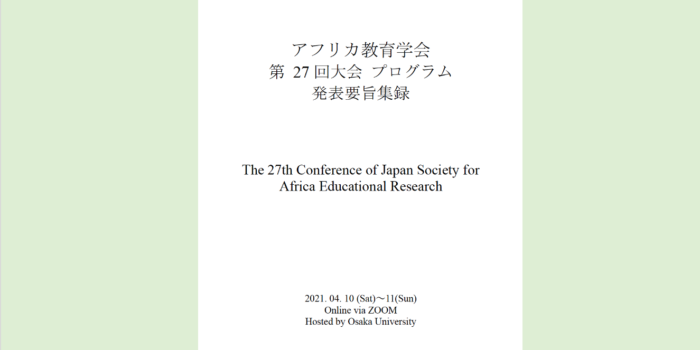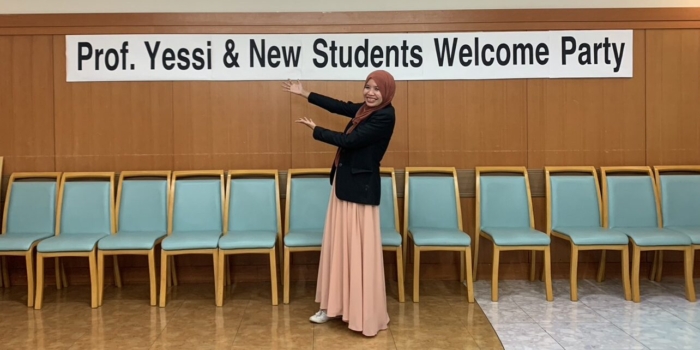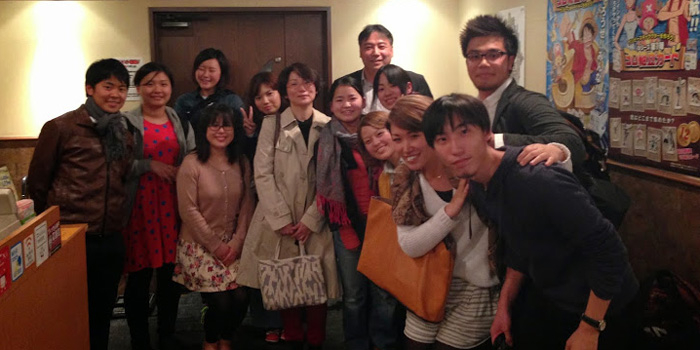Under the mentorship of Dr. Mari Shojo, a Senior Education Specialist at the World Bank, I had the privilege of participating in a three-month internship (Online) from January 27, 2025, to March 31, 2025, as part of the Global Networking Program (GNP). This experience provided me with invaluable exposure to research methodologies, policy analysis, and professional interactions in an international setting. Throughout this period, I engaged in a range of intellectually stimulating tasks, including (1) Reviewing and synthesizing World Bank literature, (2) Conducting data analysis, and (3) Critically examining related academic works.
The first involved contributing to the review and revision of the World Bank 2025 Education Public Expenditure Review. This document plays a crucial role in guiding education financing strategies, and my work included carefully reading technical content, verifying data accuracy, and refining the clarity and consistency of the text. This task allowed me to develop a deeper understanding of public spending patterns in the education sector and their implications for policy development.
Building on this experience, I also assisted in cleaning and analyzing large-scale datasets. Using statistical software like Stata and Excel, I supported the production of descriptive statistics, cross-tabulations, and visualizations that helped identify trends in learning outcomes and disparities across regions and socioeconomic groups. My ability to interpret quantitative findings and relate them to broader educational policy questions was greatly enhanced through this hands-on work.
In addition to these analytical tasks, another key component of my internship was attending the inter-agency meetings involving international organizations such as UNESCO, UNICEF and World Bank on education-related issues. I took notes during technical meetings and prepared summaries. These activities not only honed my attention to detail but also improved my ability to synthesize complex discussions into actionable insights.
One of the most significant takeaways from this internship was the enhancement of my time management and multitasking skills. Balancing multiple responsibilities—such as reviewing extensive literature, performing data analysis, and participating in World Bank internal meetings as well as collaborative discussions with international organizations on education-related issues—taught me how to prioritize tasks effectively and maintain efficiency. The fast-paced environment pushed me to refine my organizational abilities and develop a systematic approach to handling complex research materials.
Beyond improving technical skills, the internship also provided a unique platform for professional engagement. Through various meetings and discussions, I had the opportunity to exchange ideas with experts in the field of education and development. These interactions deepened my understanding of global policy frameworks and sharpened my analytical approach to research. Engaging in dialogues with seasoned professionals not only broadened my intellectual horizons but also strengthened my ability to articulate my ideas in an international academic and policy-oriented setting. This experience reaffirmed the importance of linking field-based evidence with international development priorities and equipped me with a deeper appreciation for evidence-informed policymaking.
Furthermore, the internship fostered both my professional and personal growth. The rigorous research process honed my ability to critically assess and synthesize vast amounts of information, while meaningful exchanges with colleagues and experts enhanced my communication and collaboration skills. The interdisciplinary nature of the discussions and projects encouraged me to adopt a holistic perspective on policy issues, equipping me with a nuanced and informed approach to addressing complex global challenges.
Looking back, my internship was an immensely enriching experience that has significantly shaped my academic and professional trajectory. It strengthened my research capabilities, enhanced my adaptability in a dynamic work environment, and reinforced my commitment to producing rigorous and impactful scholarship.
Last but not least, I am deeply grateful to the esteemed Professor Ogawa for his invaluable support, as his training equipped me with the essential skills to undertake this meaningful work. Additionally, I sincerely appreciate Dr. Shojo for her excellent mentorship and guidance throughout these three months, as well as my colleague, Mr. Shafin, for the insightful exchanges and mutual learning we shared during the internship. Looking ahead, I remain committed to contributing to the field of international education development.
Authored by Jiling Yao (Doctoral Student)
Related






